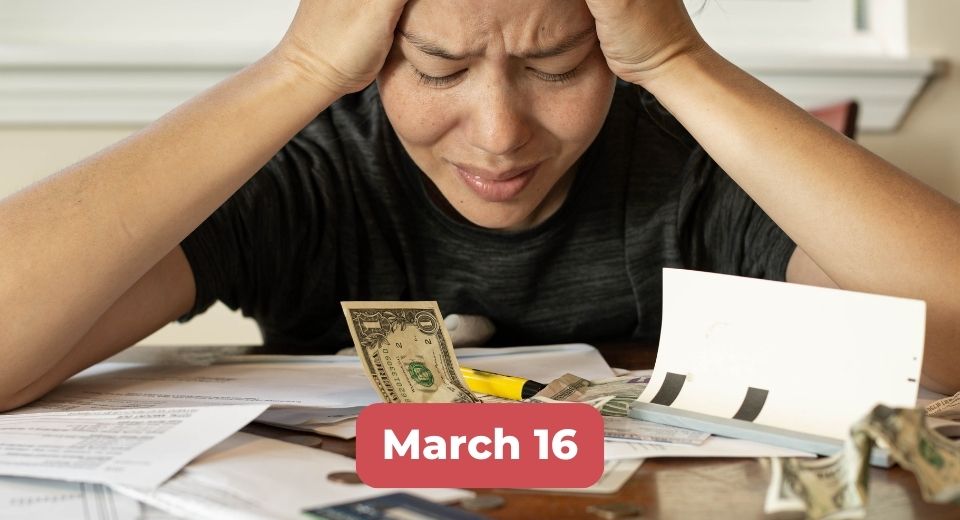
Author: David Porzio, MD
Given the light of the financial market nowadays, a lot of people are worried about money. I read an interesting article about relieving and coping with financial stress and wanted to summarize it below. To read the full article, please refer to the bottom of this page, or click here.
Many of us, from all over the world, are dealing with financial stress, but many do not know how to properly cope with it. Financial worry is one of the most common stressors in modern society. Even before the pandemic started, an American Psychological Association (APA) study found that 72% of Americans feel stressed about money at least some of the time. The recent economic difficulties mean that even more of us are now facing financial stress and struggles.
Financial stress can have a major impact on an individual’s mental and physical health.
Effects of Financial Stress on Your Health
- Physical ailments such as high blood pressure, diabetes, gastrointestinal problems, and headaches.
- Unhealthy coping methods such as overconsuming alcohol, abusing prescription or illegal drugs, gambling, or overeating.
- Suicidal thoughts and actions
- Anxiety can overcome your mind and trigger symptoms such as heart palpitations, sweating, shaking, or even panic attacks.
- Insomnia or other sleep difficulties can settle in which leads to unhealthy habits or weight gain.
Tips to Help Cope with Financial Stress
- Talk to someone – Bottling things up or going at it alone can make things worse. Speaking openly about your financial worries and problems can help put things in perspective and help relieve stress.
- Get professional help – Reaching out is not a sign of weakness and it doesn’t mean you’re failing as a family provider, parent, or spouse. It just means you’re wise enough to recognize your financial situation is causing you stress and needs addressing. No matter how hopeless or buried you are, there is help available.
- Take inventory of your finances – Don’t deny the reality of your situation. Putting things off can make things worse. The first step is to devise a plan to solve your money problems by detailing your income, debt, and spending over the course of at least one month. Identify spending patterns and triggers, keep track of all your spending, list your debts, and look to make small changes.
- Make and plan a stick to it – Put a plan into action, identify your financial problems, monitor your progress, and don’t get derailed by setbacks.
- Create a monthly budget – Enlist the support from your family and friends, make sure everyone is pulling their weight and understands the financial goals you’re working towards.
- Manage your stress – Try to regularly exercise, practice and adapt relaxation techniques, boost your self-esteem, be conscious of what you consume and drink, and focus on the positives.
If you’re feeling overwhelmed, speak to a medical professional. Whatever your circumstances, there are ways to get through these tough economic times, ease stress and anxiety, and regain control of your finances.
Full Article: https://www.helpguide.org/articles/stress/coping-with-financial-stress.htm
The information provided is for general interest only and should not be misconstrued as a diagnosis, prognosis, or treatment recommendation. This information does not in any way constitute the practice of medicine, or any other health care profession. Readers are directed to consult their health care provider regarding their specific health situation. Marque Medical is not liable for any action taken by a reader based upon this information.

